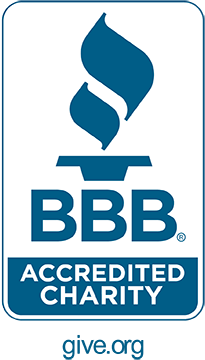Research & Publications
252 resources found

Understanding processes for sustainability in community-managed water supply systems
The sustainability of community-managed drinking water systems is a major concern in low-and middle-income countries (LMICs). Water system breakdowns occur frequently, and intermittent piped supplies are common. Some water systems continue to

Healthcare provider satisfaction with environmental conditions in rural healthcare facilities of 14 low- and middle-income countries
Abstract: Healthcare provider (HCP) satisfaction is important for staff retention and effective health service delivery. Inadequate resources, understaffing, and ineffective organizational structure may reduce HCP satisfaction in low- and middle-income countries (LMICs).

WASH in healthcare facilities of 14 low- and middle-income countries: To what extent is WASH implemented and what are the ‘drivers’ of improvement in their service levels?
Abstract: Prevention and control of healthcare-associated infections through the provision of water, sanitation, and hygiene (WASH) in healthcare facilities (HCF) is inadequate in low- and middle-income countries (LMICs), resulting in high patient

Measuring household hygiene access and handwashing behaviors: Findings from 14 low- and middle-income countries
Abstract: Handwashing with soap (HWWS) is critical for preventing diarrheal and respiratory infections and is an important policy priority to achieve the Sustainable Development Goals (SDGs). We analyzed hygiene data from 36,860

The potential of school-based WASH programming to support children as agents of change in rural Zambian households
Abstract: Water, sanitation, and hygiene (WASH) interventions frequently assume that students who learn positive WASH behaviors will disseminate this information to their families. This is most prominent in school-based programs, which rely

Sources of and solutions to toxic metal and metalloid contamination in small rural drinking water systems: A rapid review
Abstract: Exposure to toxic metals and metalloids (TMs) such as arsenic and lead at levels of concern is associated with lifelong adverse health consequences. As exposure to TMs from paint, leaded gasoline,

Necessary conditions for sustainable water and sanitation service delivery in schools: A systematic review
Abstract: Access to water, sanitation, and hygiene (WASH) services confers significant health and economic benefits, especially for children, but only if those services can be delivered on a consistent basis. The challenge

Factors associated with safe child feces disposal in Ethiopia, India, and Zambia
Abstract: Safe child feces disposal (CFD) is defined as a child or caregiver placing or rinsing child feces into an improved sanitation facility. In low- and middle-income countries (LMICs), 48% of households

Interventions to address unsafe child feces disposal practices in the Asia-Pacific region: a systematic review
Abstract: Despite clear evidence of the adverse health impacts of unsafe child feces disposal (CFD), there is little evidence of the effectiveness of interventions targeting the improvement of unsafe CFD practices in




